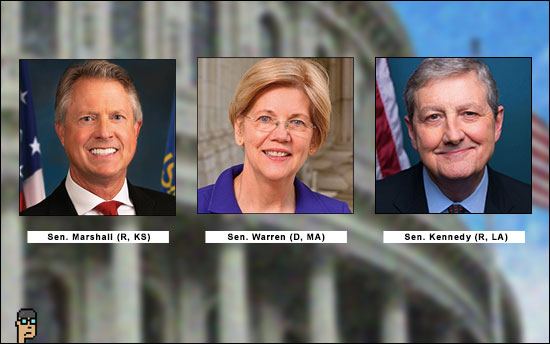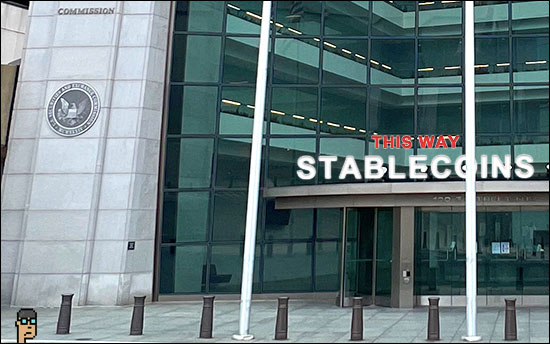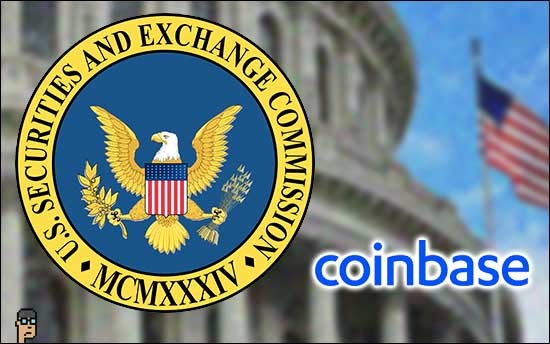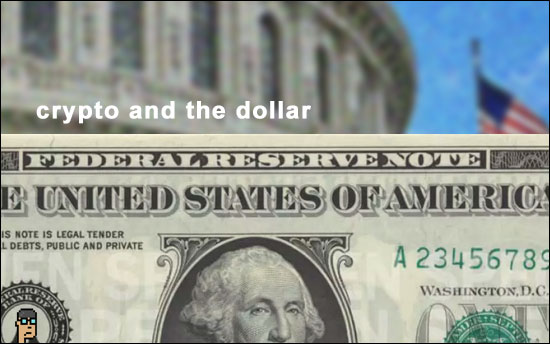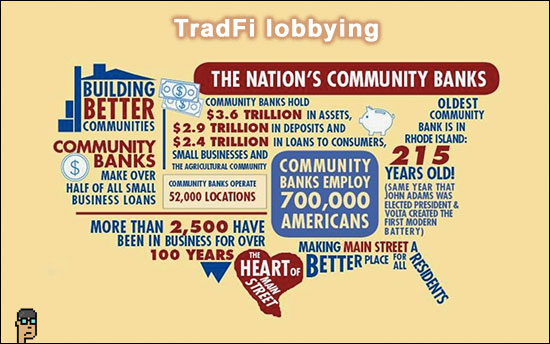Here’s today’s blockchain tipsheet… prefer it by email? Sign up here.
digital asset AML returns
Building on momentum from her appearance at yesterday’s Senate Banking hearing, Senator Elizabeth Warren (D, MA) announced yesterday afternoon that she would re-introduce her and Senator Roger Marshall’s (R, KS) Digital Asset Anti-Money Laundering Act of 2022. “… Legislation that would put up guardrails around crypto by closing loopholes in the existing anti-money laundering and countering of the financing of terrorism (AML/CFT) framework and bringing the whole of the digital asset ecosystem into compliance with the rules that govern the rest of the financial system.”
Read yesterday’s press release by Senator Warren.
Also, read Senator Warren’s press release from last December on the bill.
The bill puts stringent Anti-Money Laundering (AML) and Know-Your-Customer (KYC) restrictions on crypto and is generally reviled by the industry including industry organization Coin Center which called it “unconstitutional” when it was initially introduced. Read that one.
Warren’s bipartisan coalition – Marshall
The bipartisan coalition focused on reining in crypto and put together by Senator Elizabeth Warren (D, MA) is the subject of a feature on Politico. One of her Republican partners, Senator Roger Marshall (R, KS) says, “The physician in me says the risks [of crypto] do not outweigh the benefits. (…) Until they solve the national security issues, I don’t see the benefits outweigh the risks.” Read more.
Continue reading “Digital Asset AML Bill Returns; Bitcoin Miners In Contempt”

